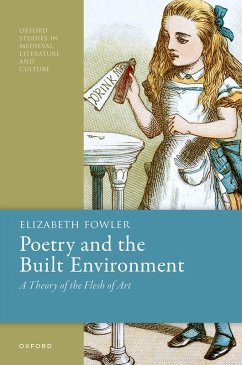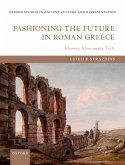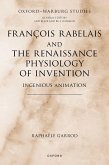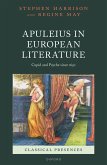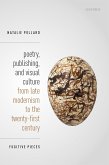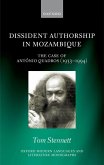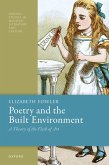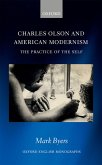Like gardens, sculptures, paintings, and architecture, Fowler argues, poems are cultural artifacts designed to appeal to our divergent human bodies. As we move through the built environment, we draw on our achieved expertise in negotiating its complex instructions to us. So it is when we read. All art mobilizes our bodily expertise, deploying sophisticated conventions and entangling the virtual with the real. As we engage with them, poems, like other artifacts, support skilled collaborations of the sensate (our perceiving flesh) and the sensible (the perceptible properties of the artifact), further developing our kinesthetic and cultural expertise. In ten essays, this book explores a range of works by poets from Geoffrey Chaucer and John Milton to Seamus Heaney and Tracy K. Smith, and by artists from Jean de Touyl and Nicholas Stone to Antonin Mercié and Kara Walker. Fowler calls the sphere of interaction between us and such artifacts "the flesh of art," signaling the phenomenological nature of her approach. She theorizes how interactions with art enflesh and acculturate us, making art a primary means through which we orient ourselves in spatiality and work out our places in the social world. Writing poetics at the juncture between aesthetics and politics, Fowler concludes with 43 theses in manifesto.
Poetry and the Built Environment insistently demonstrates art's ability to shape us. In poetry, Fowler argues, we see how, especially when the transparency and sensibleness of the world are under stress, art equips us with strategies for transformation.
Dieser Download kann aus rechtlichen Gründen nur mit Rechnungsadresse in A, B, BG, CY, CZ, D, DK, EW, E, FIN, F, GR, HR, H, IRL, I, LT, L, LR, M, NL, PL, P, R, S, SLO, SK ausgeliefert werden.

